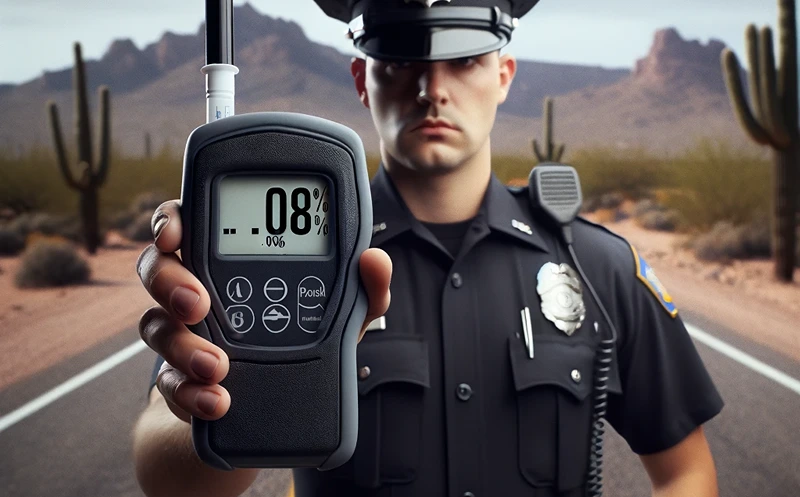
The Investigative Article: Why Do False Positive Breathalyzer Tests Happen?
Introduction
Breathalyzer tests are a commonly used tool by law enforcement officers to determine if someone was driving while intoxicated. However, these tests are not always accurate and can sometimes produce false positive readings. If you have been wrongly arrested and charged with a DUI due to a false positive breathalyzer test, it is important to understand the reasons for the inaccurate results and how to fight the charges.
Understanding the Issue
Breathalyzers work by measuring the amount of alcohol in a person’s breath. However, several factors can cause inaccurate readings, leading to false positives. One common reason is a device malfunction or improper calibration. If the breathalyzer machine has not been calibrated correctly, it can produce inaccurate results. Likewise, if the machine is not maintained properly or the testing protocol not followed, the results may be flawed.
Another reason for false positives is the presence of certain substances in the mouth or environment, which can skew the test results. Acetone, found in nail polish remover, can cause a false reading on a breathalyzer, as can mouthwash, breath spray, and even some medications like cough syrup.
Medical conditions like GERD (gastroesophageal reflux disease) or diabetes can also cause an inaccurate reading on a breathalyzer, as can a person’s diet. If you have been fasting or following a low-carbohydrate diet, the results of your breathalyzer test may show a falsely elevated BAC level.
Challenging a False Positive
If you have been charged with a DUI based on a false positive breathalyzer test, it is important to hire an experienced DUI attorney to defend your case. Your attorney can challenge the accuracy of the test in court, including questioning the breathalyzer’s calibration and maintenance records, the accuracy of the testing protocol, and any medical or environmental factors that may have affected the results.
Your attorney can also examine the officer’s observations during the traffic stop, including any video footage of your behavior or driving, to determine if there were any signs of intoxication beyond the breathalyzer test results. If the officer did not observe any erratic driving, slurred speech, or other indications of impairment, there may be grounds to challenge the charge of DUI.
The Importance of Fighting False Positive Charges
If you have been wrongly charged with a DUI based on a false positive breathalyzer test, it is important to fight the charges to avoid the significant legal, financial, and personal consequences of such a conviction. A DUI conviction can result in jail time, a suspended driver’s license, high fines, and mandatory substance abuse treatment. Additionally, a DUI conviction can stay on your criminal record for years, impacting job prospects, housing options, and other important life events.
By working with an experienced attorney to challenge false positive charges, you can protect your rights and avoid the harsh consequences of a DUI conviction that you didn't deserve.
Conclusion
Breathalyzer tests can produce incorrect results, leading to false positive charges for DUI. If you have been charged with a DUI based on a false positive breathalyzer test, it is important to work with an experienced DUI attorney to challenge the accuracy of the test and fight the charges. By taking action to protect your rights and challenge false positive charges, you can avoid the significant legal, financial, and personal consequences of a wrongful conviction.
If you want to learn more about how to contest a false positive breathalyzer test, visit
False Positive Breathalyzer Test Blog Post.



Social Plugin